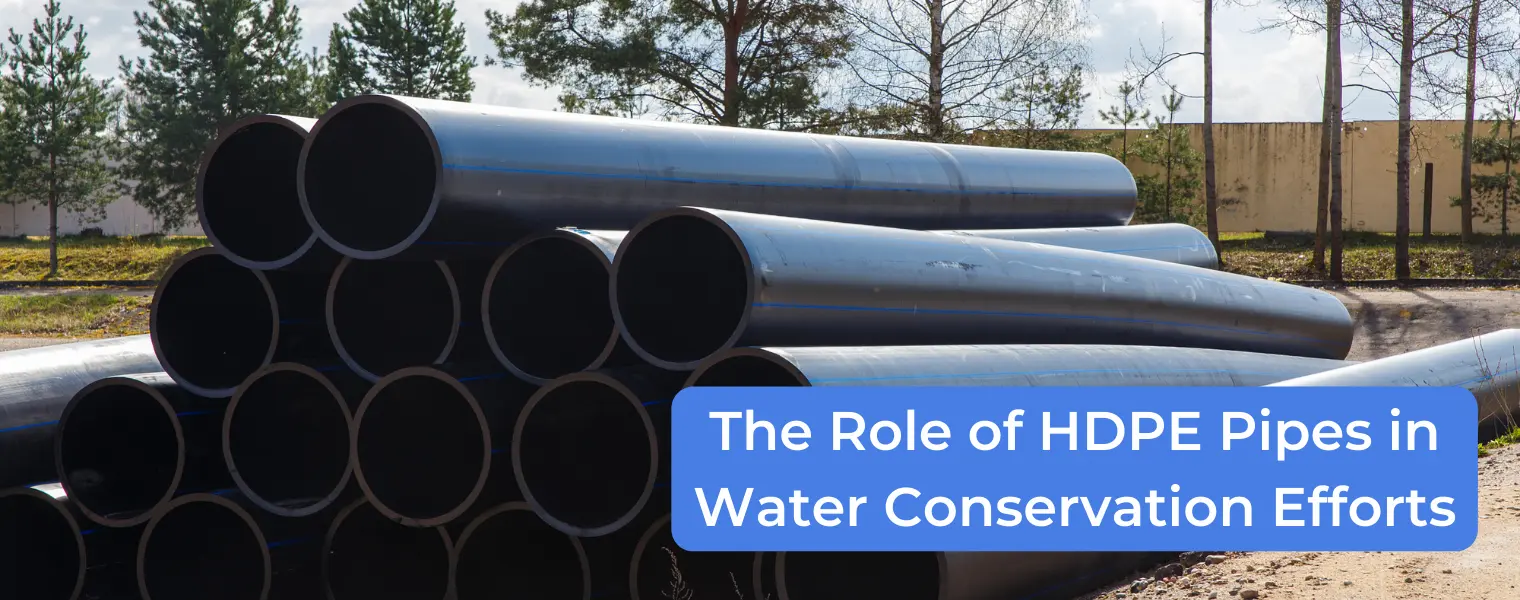
Water conservation has become a critical concern in recent years, with many individuals and organizations seeking ways to reduce water usage and promote sustainability. One solution to this issue is the use of HDPE pipes in water conservation efforts. Here are some ways that HDPE pipes can play a role in water conservation:
HDPE pipes are highly resistant to leaks and cracks, reducing the amount of water lost due to pipe failure. This means that less water is wasted, and conservation efforts are more effective.
HDPE pipes are designed to efficiently transport water, reducing the amount of water lost due to friction and turbulence. This means that less water is required to achieve the same results, promoting water conservation.
HDPE pipes have a longer lifespan than traditional plumbing materials, reducing the need for replacement and repair. This means that fewer resources are needed to produce and install new pipes, promoting sustainability.
HDPE pipes are lightweight and easy to transport, reducing the amount of energy required to move them to the installation site. This means that less energy is needed to complete a plumbing project, promoting sustainability.
HDPE pipes are recyclable, meaning that they can be repurposed or reused in other plumbing projects. This reduces the need for new pipes, conserves resources, and promotes sustainability.